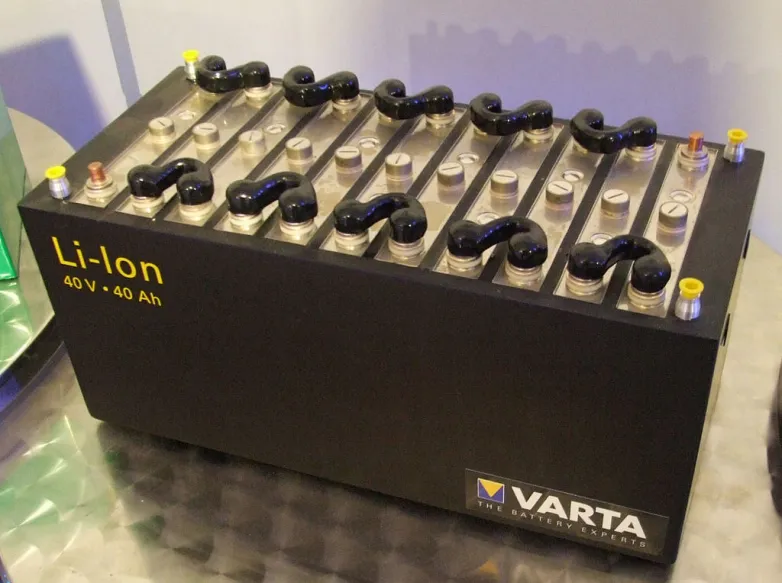Lithium-ion storage is right here to remain
- A German-Israeli study team has actually collected for 3 days to review which storage innovations might surpass lithium-ion batteries in the future. They ended that there is no something as a "message Li‐ion" period visible. They suggested a "side‐by‐side" technique for several innovations in various applications, along with the hybridization of modern technologies. The team highlighted the solid capacity of redox circulation storage, which in their sight might outmatch Li‐ion, although just for fixed applications.

Scientists from Germany's Helmholtz Institute Ulm (HIU) as well as the Technion-- Israel Institute of Technology began their current three-day conversation on the future of power storage with a standard presumption: "In this record it is revealed that the pursuit for message Li‐ion as well as Li battery modern technologies is incorrect in its significance."
They discussed the sort of storage innovations that may be thought about strong choices to Li‐ion storage, as well as their final thought was absolute: There is no end in sight for the "message Li‐ion" period.
" After comprehensive considerations, the team ended that the present ambiance regarding the demand of future innovations after the lithium period as well as, hence, the mission for which brand-new modern technologies can change lithium‐based battery innovation, are deceptive as well as rather unsuitable (partly inaccurate), specifically," the scientists claimed.
Rather, they have actually advised a "side‐by‐side" technique for all storage innovations. They likewise determined the innovations that they view as even more appealing for the future.
Sodium‐ion batteries
Sodium‐oin batteries (Na‐Ion), which rely upon the very same ion storage concept of lithium-ion innovations, are taken into consideration a fascinating choice as they can give an economical service, as a result of prospective lacks of lithium as well as cobalt, or feasible cost rises. They are additionally very easy to deliver and also have solid possibility for additional basic material expense decrease. "Actually, the expense and also ecological kindness of the split oxide cathode products recommended up until now, seem the significant benefits of sodium‐ion batteries," the team specified.
It included that Na‐ion batteries encounter comparable safety and security concerns as Li‐ion batteries in large applications, yet growth is not adequate as well as still minimal is learnt about failing settings, devices, and also evaluation at the complete cell degree. Their usage is advised for fixed power storage systems and also light‐duty cars for short‐range transport.
Redox circulation batteries
The major benefits of redox circulation storage are the scalability of storage capability, the capability to run in many ecological temperature levels, as well as long‐term storage ability. The storage capability of industrial vanadium redox circulation storage systems presently varies from 4 MWh to 40 MWh, while total expenses are $550/kWh in contrast to greater than $200/kWh for Li‐ion. Security concerns are primarily pertaining to dangerous product splilling. The modern technology can additionally deal with the non-homogenous deposition of steel ions, possibly bring about form modification as well as dendrite development, high-polarization losses as a result of slow-moving kinetics of the responses, the rust of the electrodes, ineffective electro-catalysts, ghd conductivity of the electrodes, and also the impact of the circulation structures.
" Redox circulation batteries are anticipated to outmatch Li‐ion just for fixed applications where their essential attribute of keeping the energised chemicals in exterior tank allows large‐scale, power storage from eco-friendly resources throughout peak‐production times as well as providing when manufacturing drops, the team clarified. "At the very same time, growths of sophisticated products and also chemistries are stated to be essential to conquer the constraints of the present principles as well as boost the system efficiencies.
Storage mission
The study group, which likewise examined steel air batteries and also multivalent steel anode-based storage at the event, they wrapped up that lithium-ion battery innovations will certainly stay critical for several years ahead. They claimed that the look for a post-lithium modern technology is conceptually inaccurate.
" The pursuit must be for multi‐technologies for various applications, along with hybridization of innovations," they described
Also read

